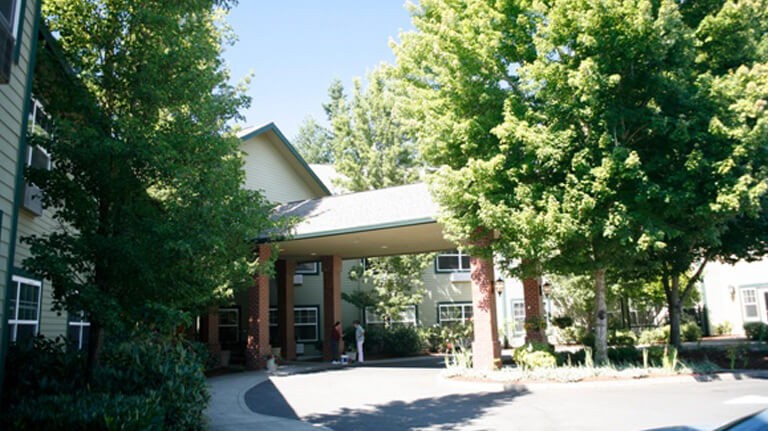
Many rights are available to residents of assisted living facilities. These rights include the freedom to choose what kind of care they need, the right for three meals per day and the ability to select a plan that best suits their needs. You can make the right decision for your loved ones by understanding these rights and how you can protect them.
Residents who reside in assisted living homes have greater rights than residents of nursing homes.
Assisted living residents have several rights that nursing home residents do not have. One of their rights is the ability to make their own decisions about their treatment and care. This includes the option to choose the kind of food they are served and the time they eat. They have the right of participation in care planning meetings and financial decisions.
As a social worker, I am responsible for protecting residents' rights, regardless if they are of any sex, race or religion. I know that dementia patients face many challenges. They may experience cognitive and physical declines. Some residents may experience loss of social connections and privacy issues. Some residents are also subject to discrimination because of their religion, age, sex, disability, sexual preference, or sexual orientation.

They are entitled to make decisions about their own care
As residents of assisted living facilities, there are many rights that they have and obligations that they must fulfill. One of these rights is the ability to choose how they are cared for. This right is vital in many different ways. This right is not only important for assisted living facilities. Residents should also be allowed to exercise their rights. This includes the right to write letters, use their personal phones, and receive mail. Caregivers should respect the resident's wishes and not interfere with their privacy. It is important that residents are informed about any changes to their care program.
A resident has the rights to review medical records, get advance notice of transfers or discharges, as well as access to records. Within one business day of the resident's request, the facility must provide copies of these records. They should also have the right of participation in resident groups.
They have the right of three balanced, nutritious meals every day
A meal plan must meet residents' nutritional needs. This is not an easy task, as each resident may have different preferences. It is important to account for cultural differences, religious preferences, physical conditions, and allergies. Menus should therefore include a wide range of foods.
The attending physician must approve the therapeutic diet, but the physician may delegate the responsibility to a licensed nutritionist. The state laws and regulations must be adhered to by the licensed dietitian. Each resident can have three meals per day.

They can have a service plan that suits their needs.
A service plan outlines the services that a resident may receive. Service plans should be tailored to each individual's needs and preferences. Residents should be free to choose what services they would like and which ones they will not. Before signing up for a service plan, they should have the ability to talk with their providers.
Many assisted living facilities have made NRAs a requirement and have even considered making it a state regulation. NRAs support thorough and documented discussions. This allows providers to feel more comfortable discussing resident needs with residents. It also prevents them from restricting residents' choices.